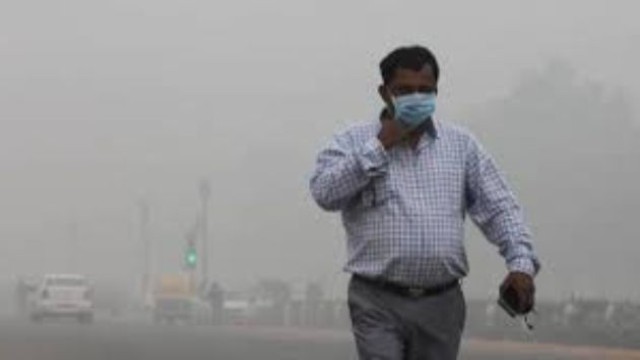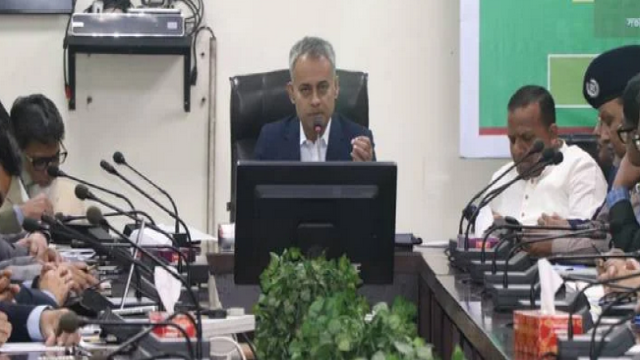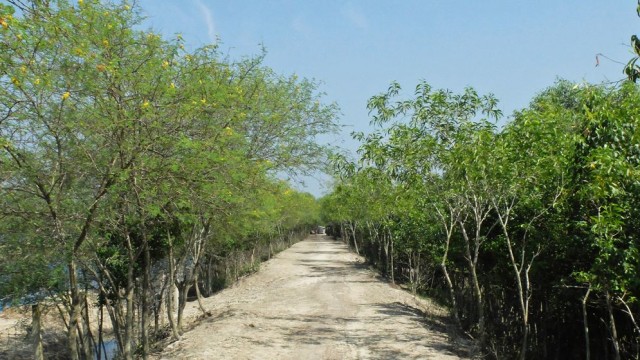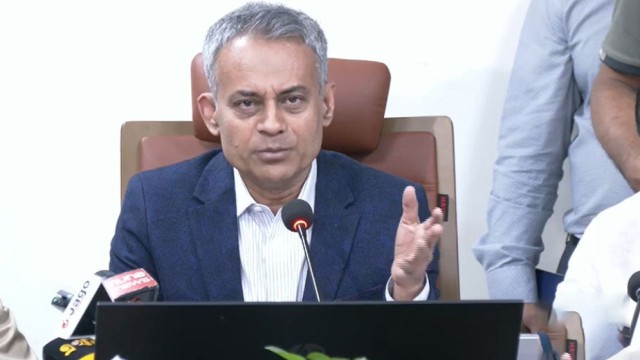Dhaka ranks fourth among cities with the worst air quality globally, with an AQI score of 167, signaling 'unhealthy' air conditions. The ranking highlights ongoing air pollution challenges in the Bangladeshi capital, impacting residents' health and well-being.
Dhaka, the capital city of Bangladesh, has secured the fourth position on the global list of cities with the poorest air quality, recording an AQI (Air Quality Index) score of 167 as of 8:56 am on Wednesday. The city's air quality was classified as 'unhealthy', indicating potential health risks for residents.
Leading the list of cities with severe air pollution are India's Delhi, Pakistan's Lahore, and Nepal's Kathmandu, with AQI scores of 272, 234, and 199 respectively. An AQI value between 101 and 150 signifies air quality as 'unhealthy for sensitive groups', while readings above 150 are considered 'unhealthy' and pose serious health risks.
The AQI serves as a crucial indicator of daily air quality, providing insights into pollution levels and associated health impacts. In Bangladesh, the AQI is determined based on several pollutants, including particulate matter (PM10 and PM2.5), NO2, CO, SO2, and ozone.
Dhaka has long grappled with air pollution, typically worsening during the winter months and improving slightly during the monsoon season.
According to the World Health Organization (WHO), air pollution contributes to approximately seven million deaths annually worldwide, primarily due to various respiratory and cardiovascular diseases. Addressing air pollution remains a critical priority to safeguard public health and well-being globally.






























Comment: